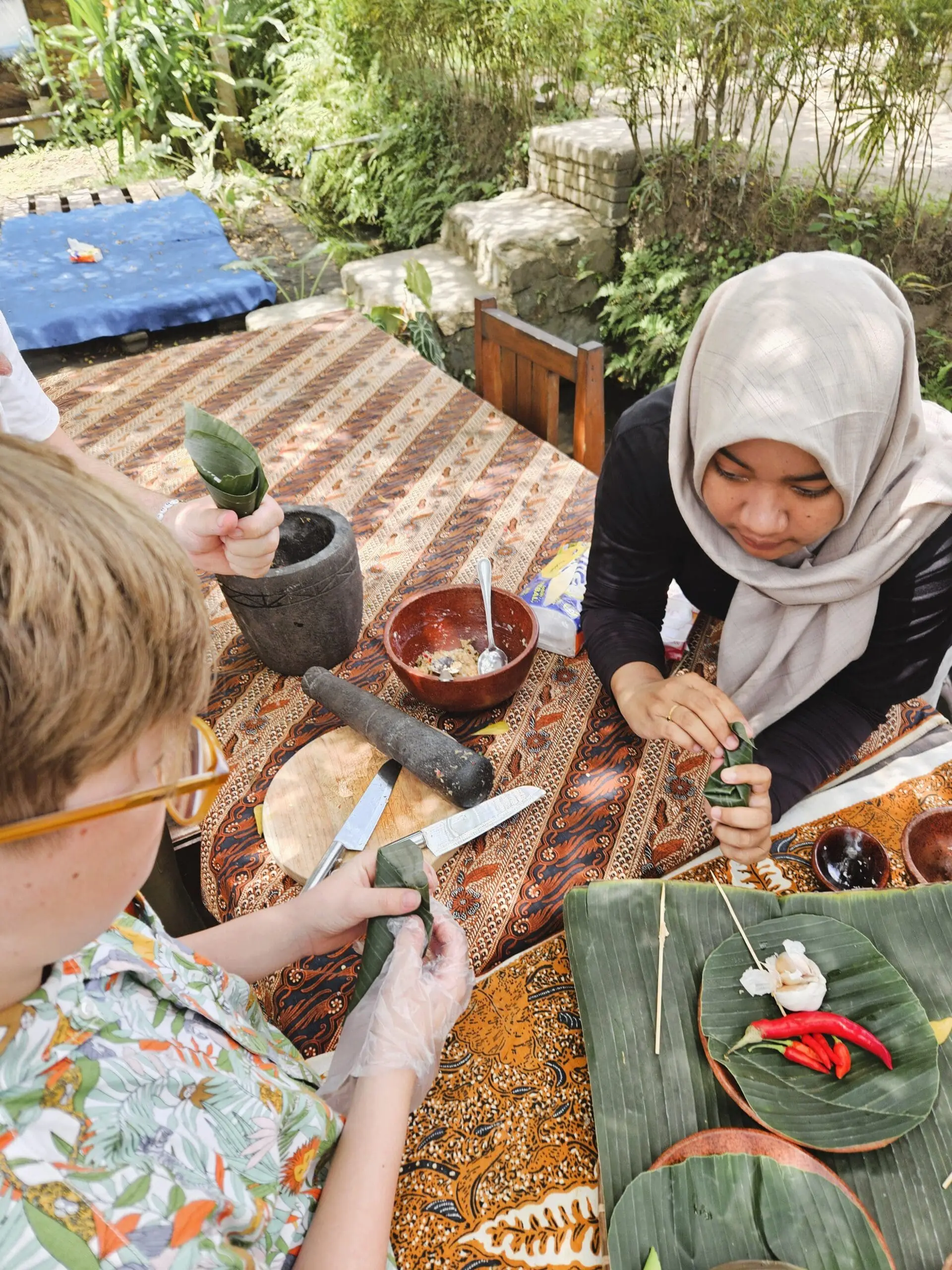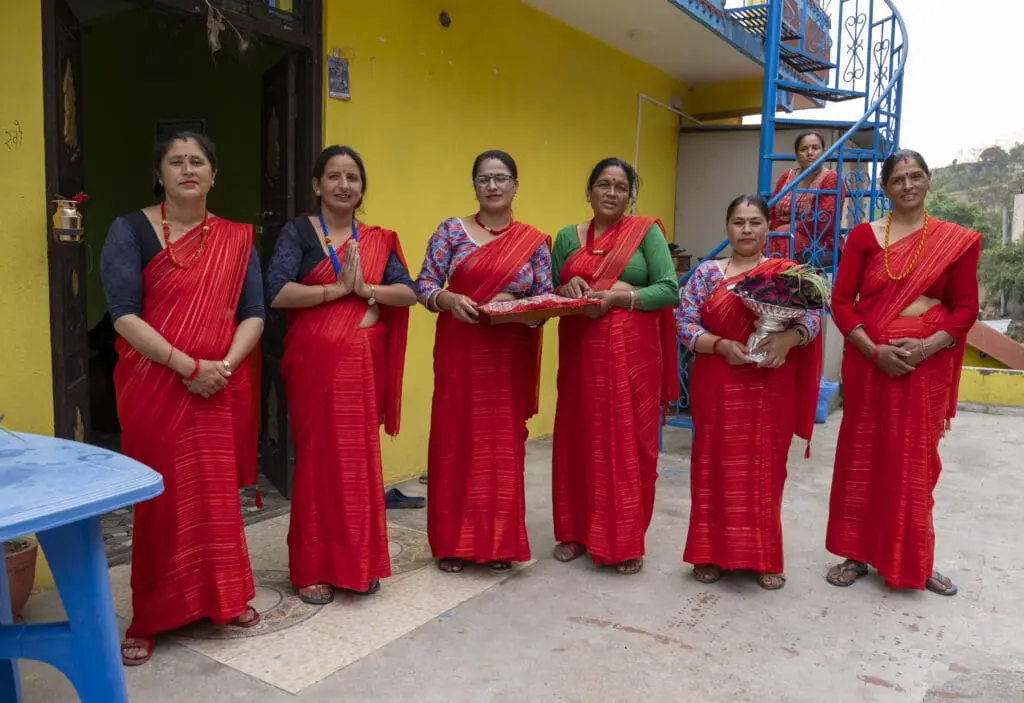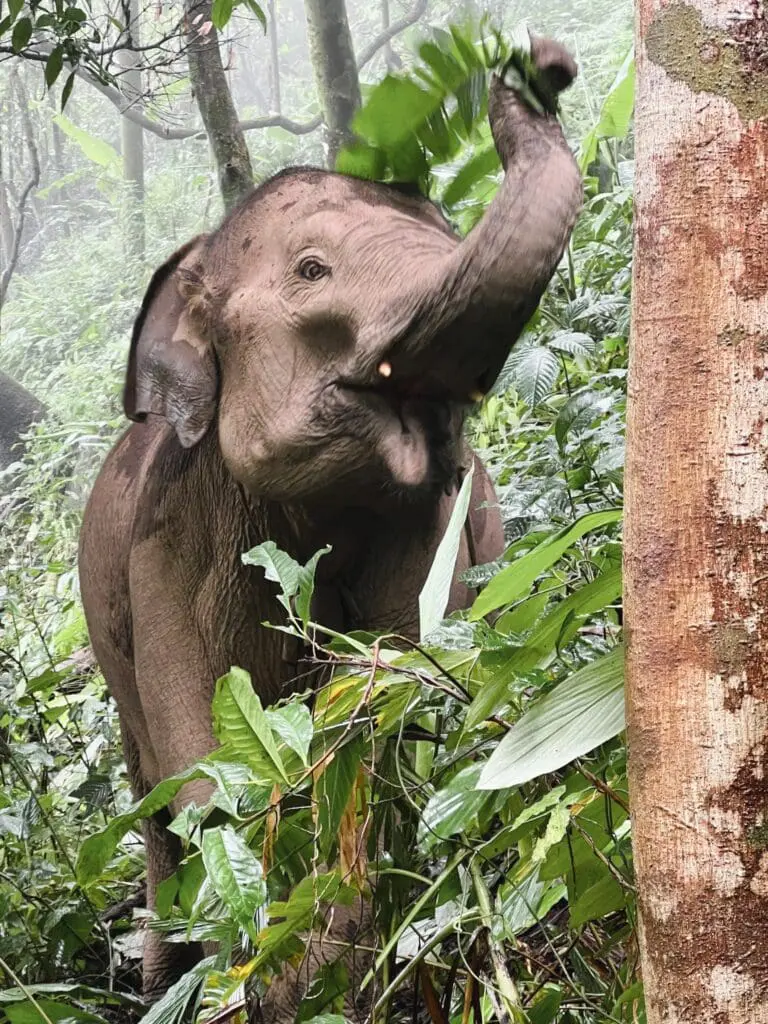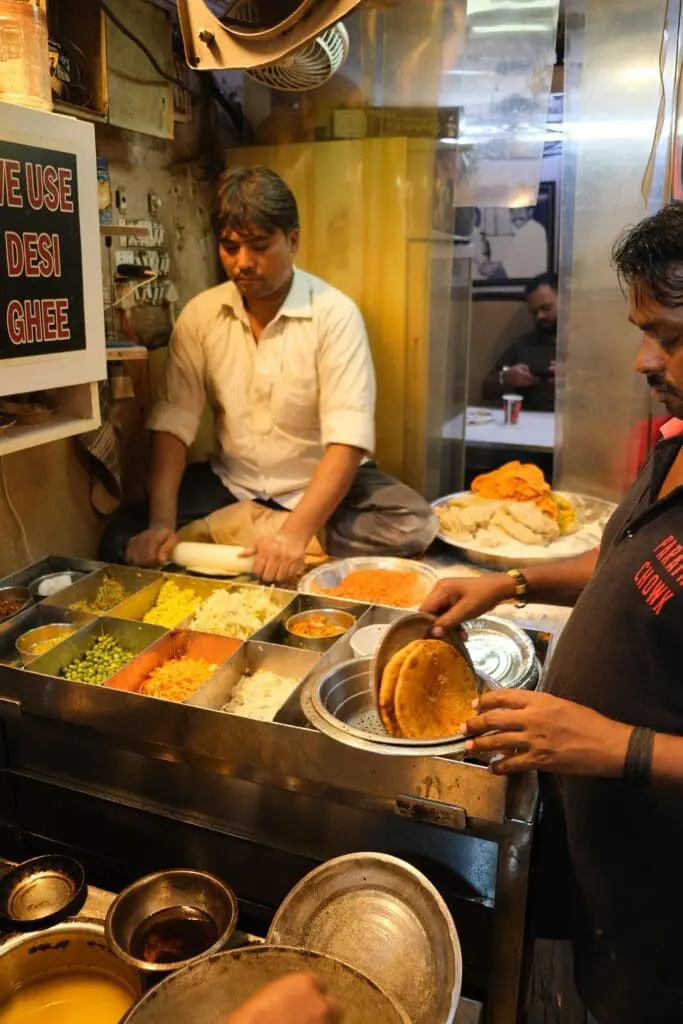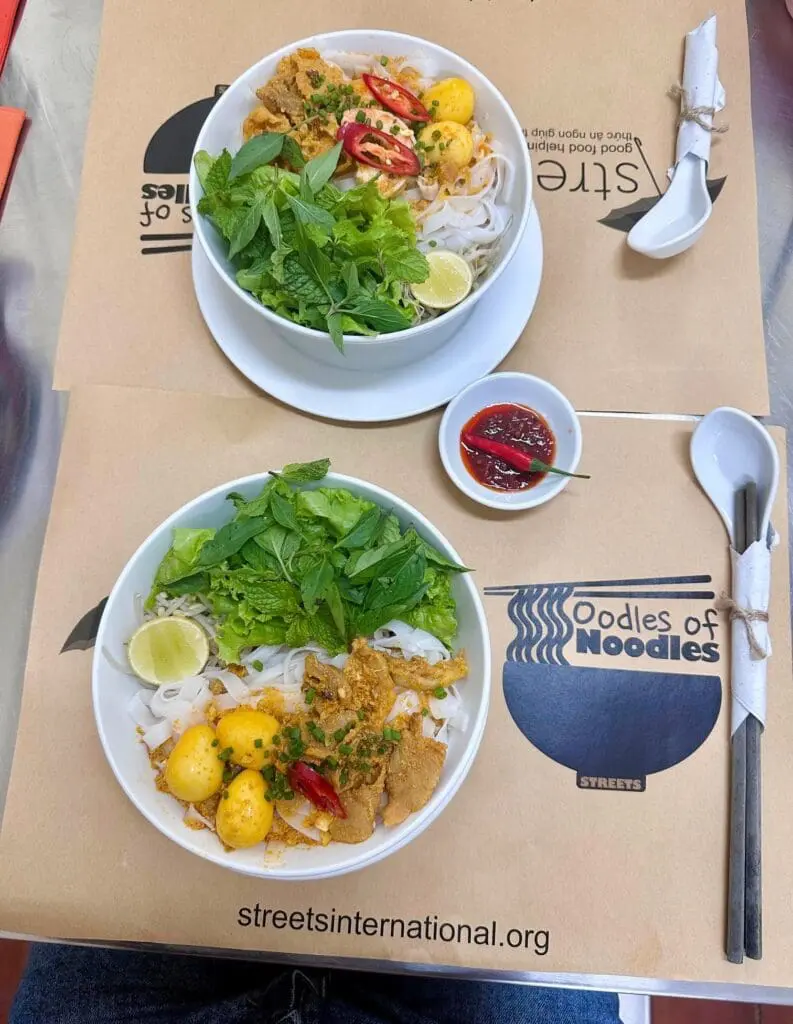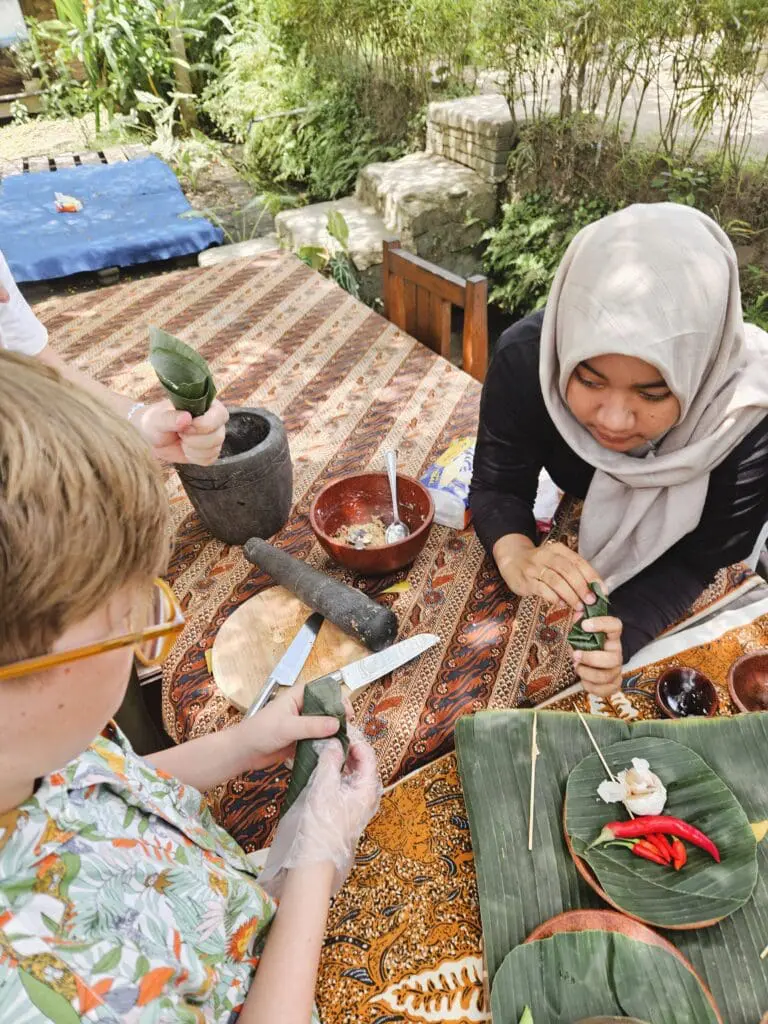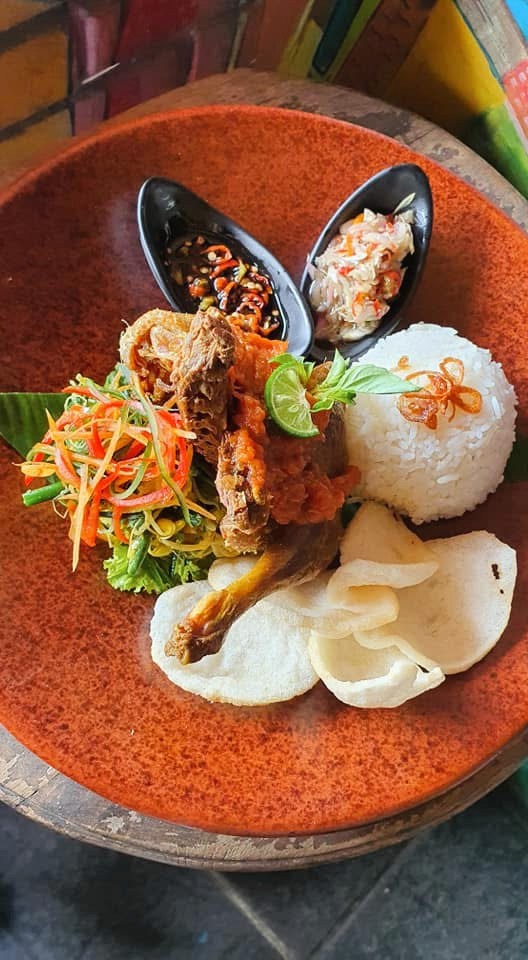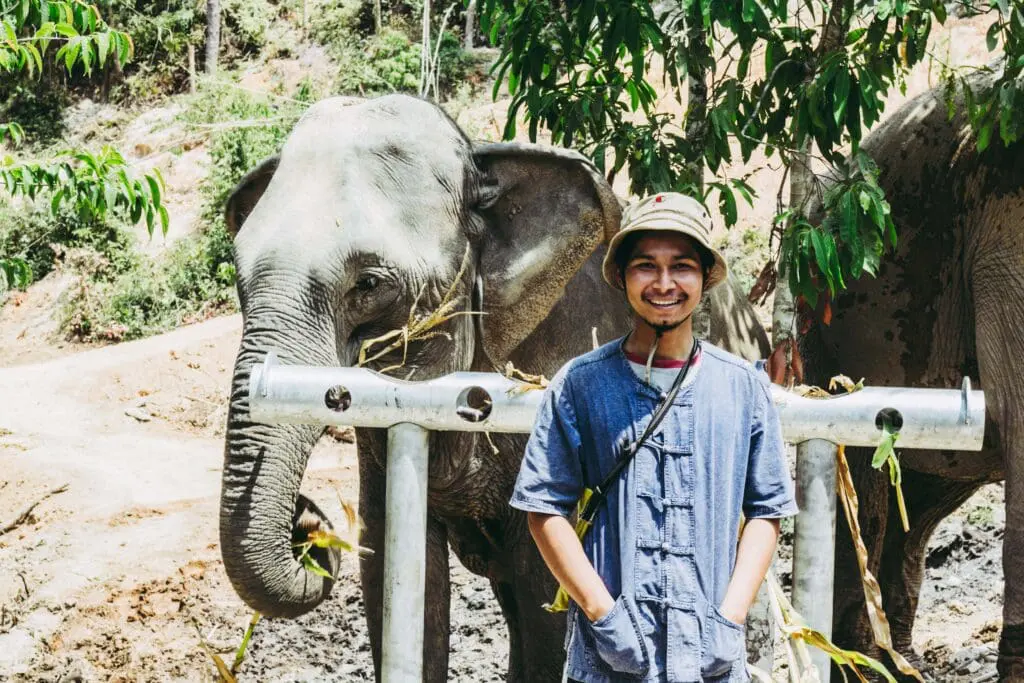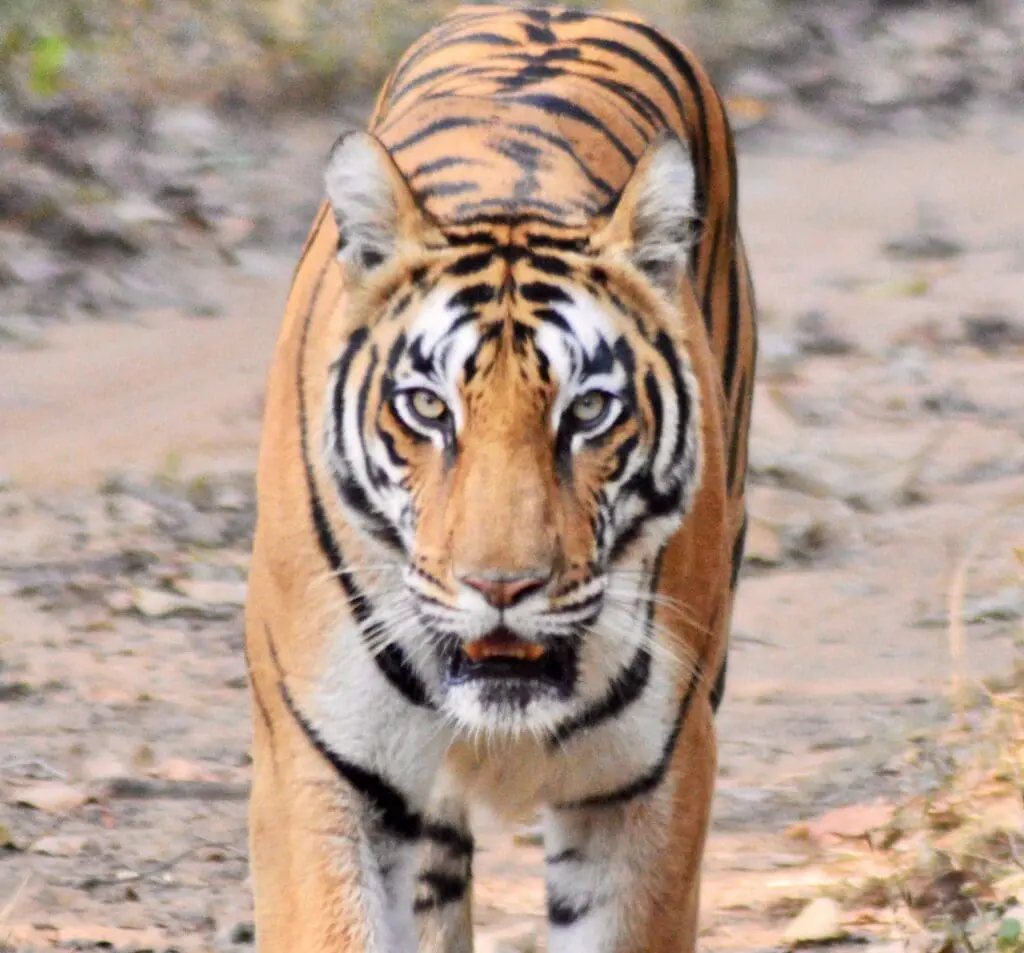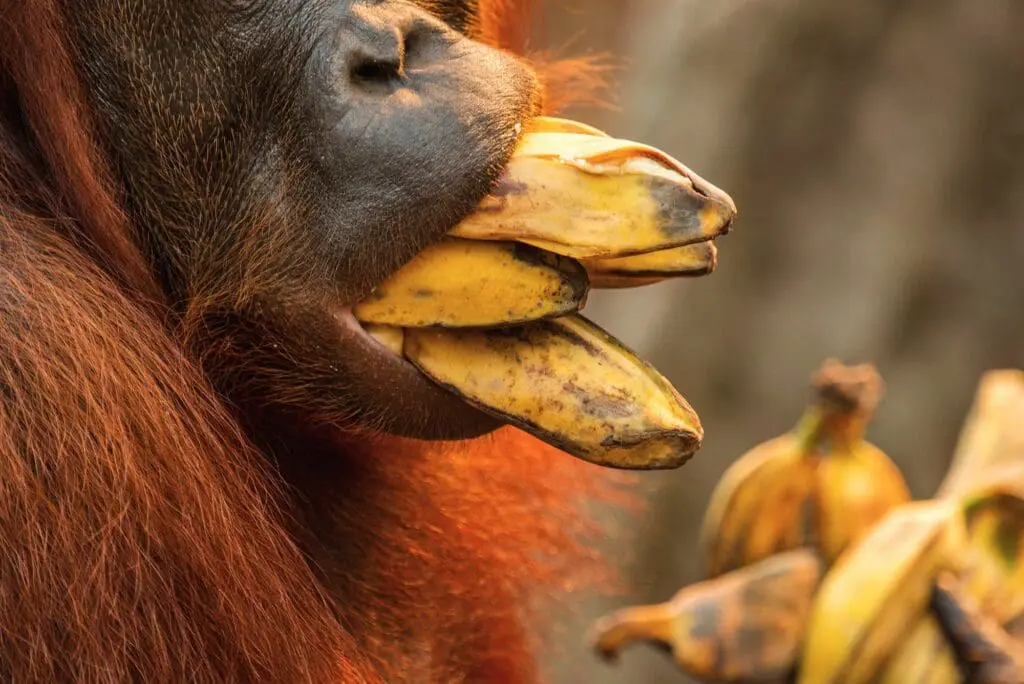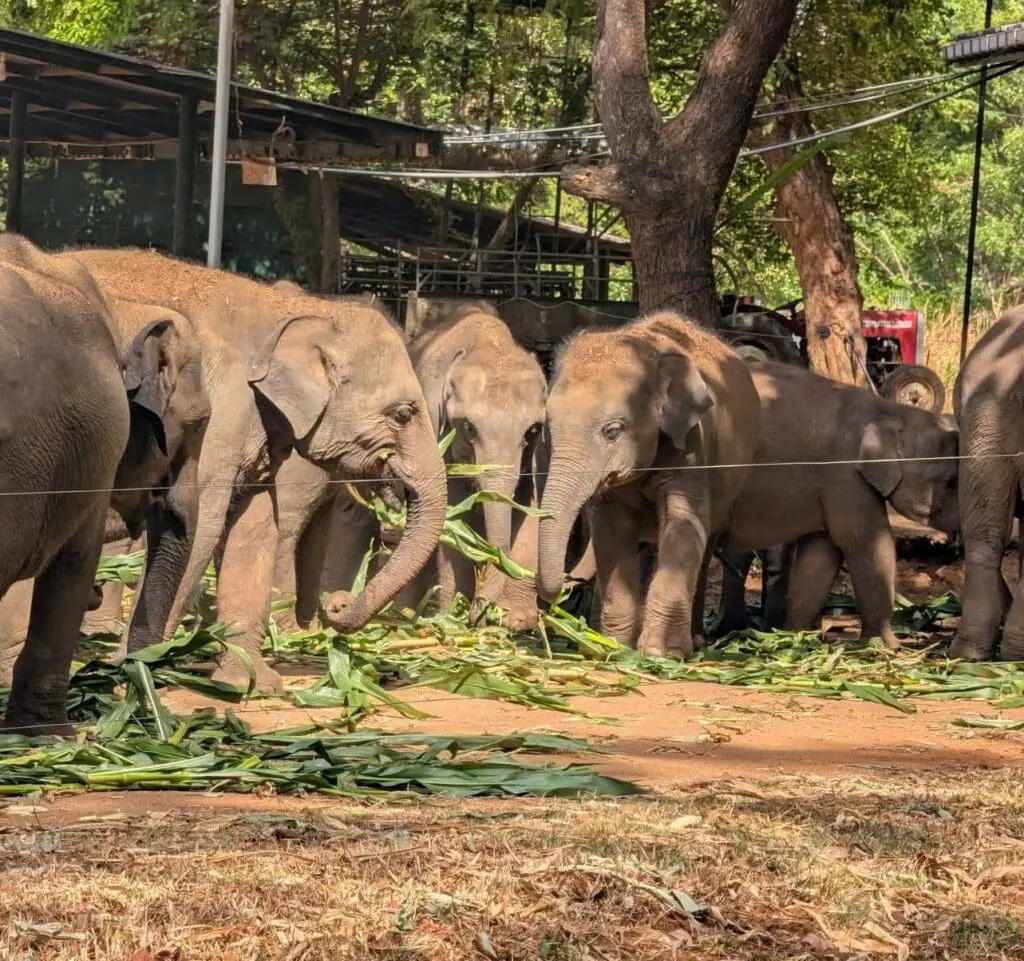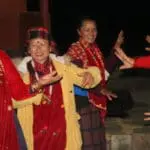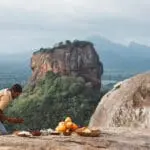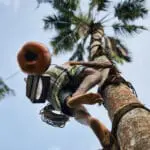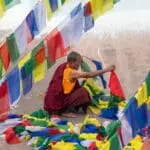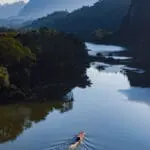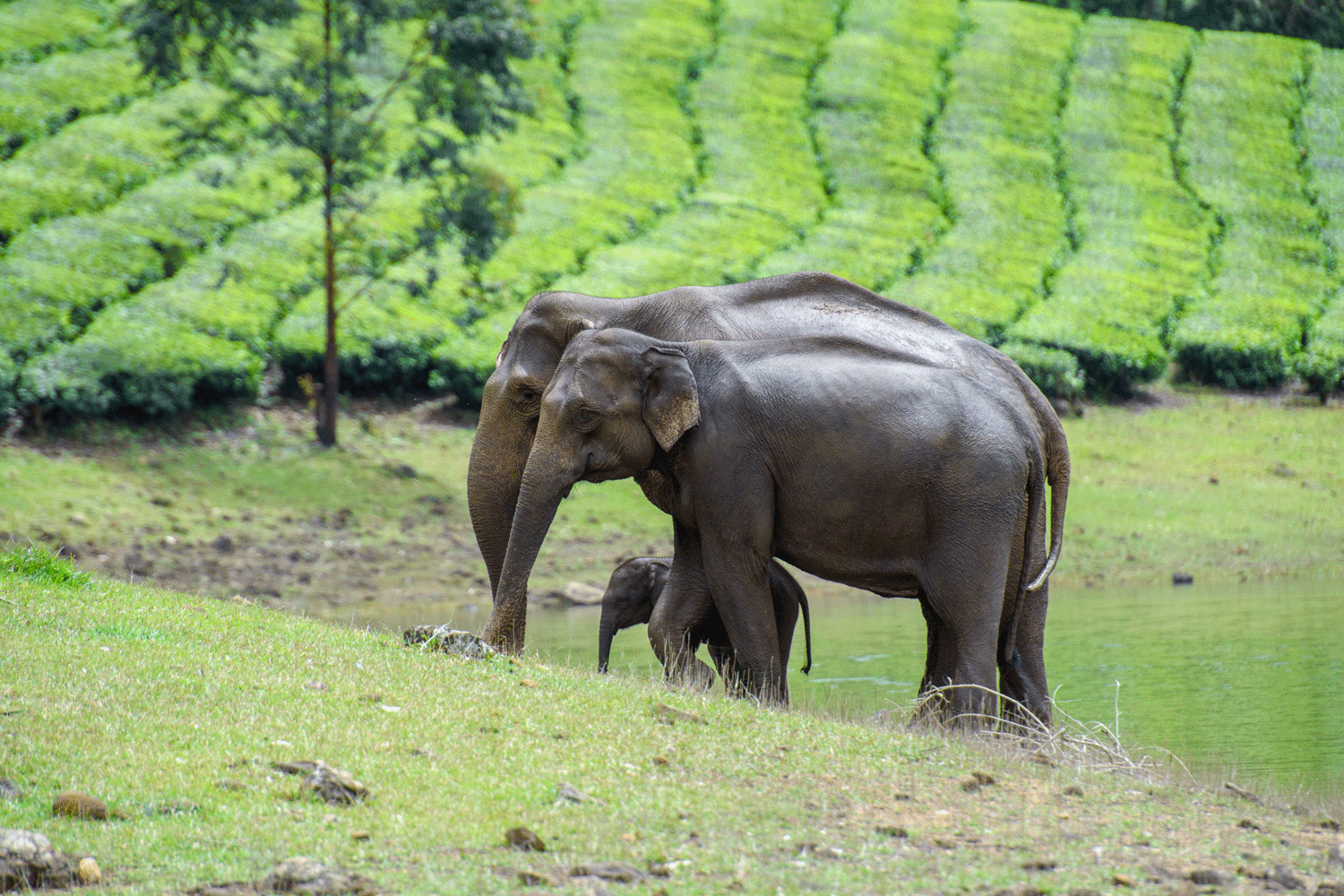


Sustainable Travel. We know, two words that don’t exactly drum up reams of excitement when you’re planning a holiday.
But before you exit this page hear us out…
Doing things the right way makes your holiday more special. And guess what? You don’t need to worry about how to make that happen, that’s where we come in.
Making travel better has been at the heart of everything we’ve done since day one. When we started out, tick-box tourism was on trend – but we knew that didn’t resonate with how we viewed the world.
It’s pretty simple really. Travel that is good for the community, the environment, the people = a much better experience for you.
At the end of the day, truly exhilarating travel, soul-stirring, breathtaking, lifelong memory-making travel, is based on respect, compassion and consideration for everyone and everywhere.
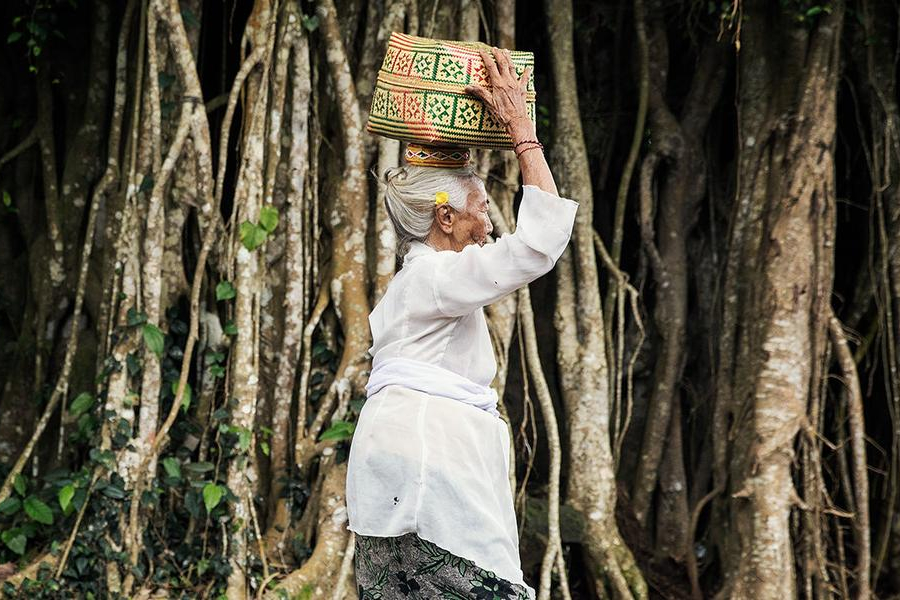


The proof’s in the pudding
We’re B Corp Certified, recognised as part of a growing community of companies that place sustainability at the heart of what they do. We are also certified by SP Sustain in Sustainability Management for Tour Operators according to criteria set out by the Global Sustainable Tourism Council.
Fundamentally, we believe that travel done with care and compassion is a tremendous force for good. When you travel with ETG, every trip is centred around quality, responsibility, and sustainability. That’s a promise.



The ETG Approach
Give Back Experiences
This is where things get exciting. We try and include what we call a ‘Give Back’ experience in each holiday – an experience which is certified positive in ways beyond the purely economic. Why? Because we want you to experience for yourself how travel, done with care and compassion, can be so much more enjoyable and rewarding.
Give Back experiences make travel a two-way street. We’re not talking voluntourism or activities solely designed to raise money. Instead they are often a tour, a stay or an excursion where your participation benefits the community or region in a specific way.
Think ethical elephant adventures in Thailand or learning to cook momos with a family in Nepal. Our Product Team work hand in hand with our on-the-ground partners to curate a bank of wonderful experiences which make everyone feel good.
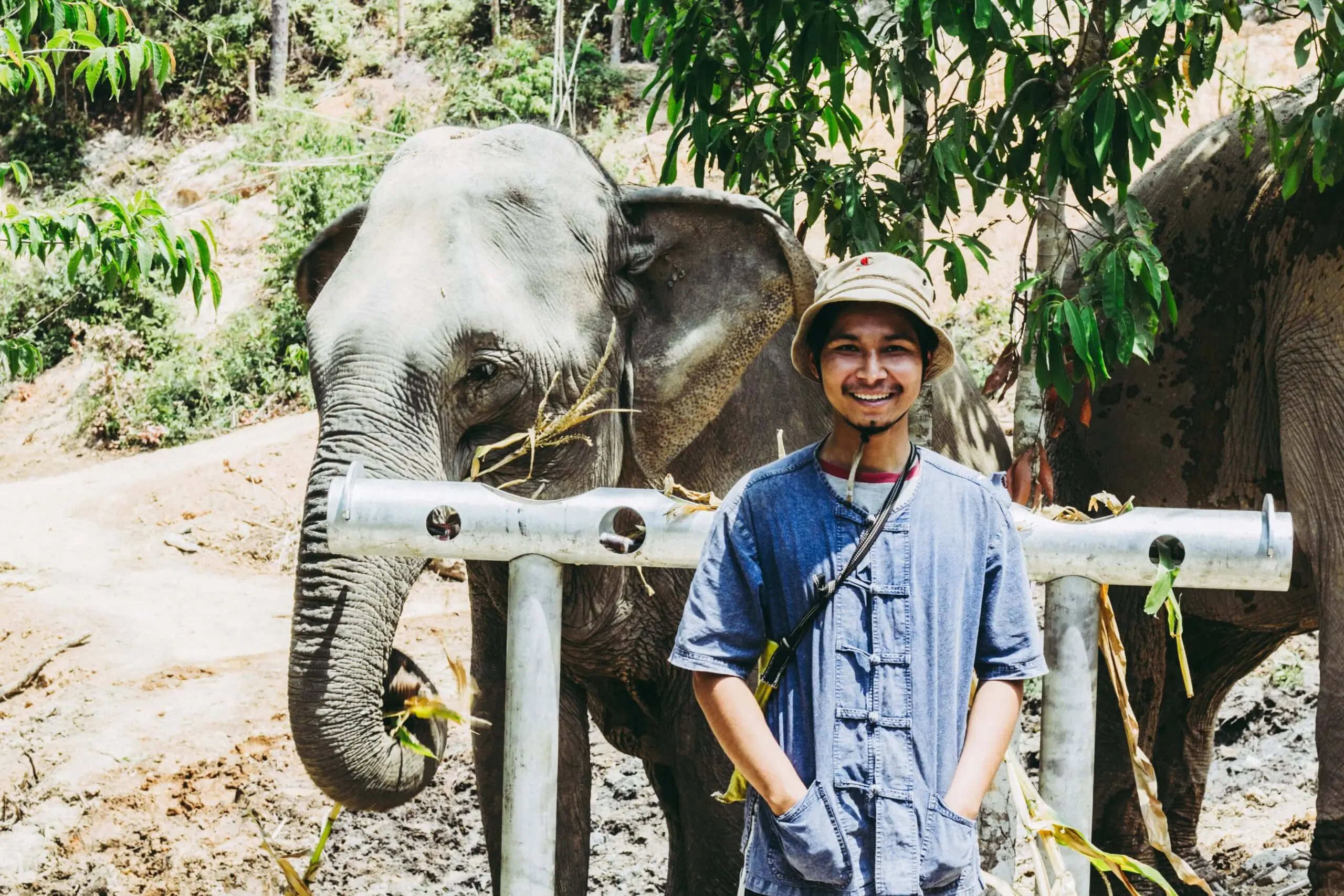
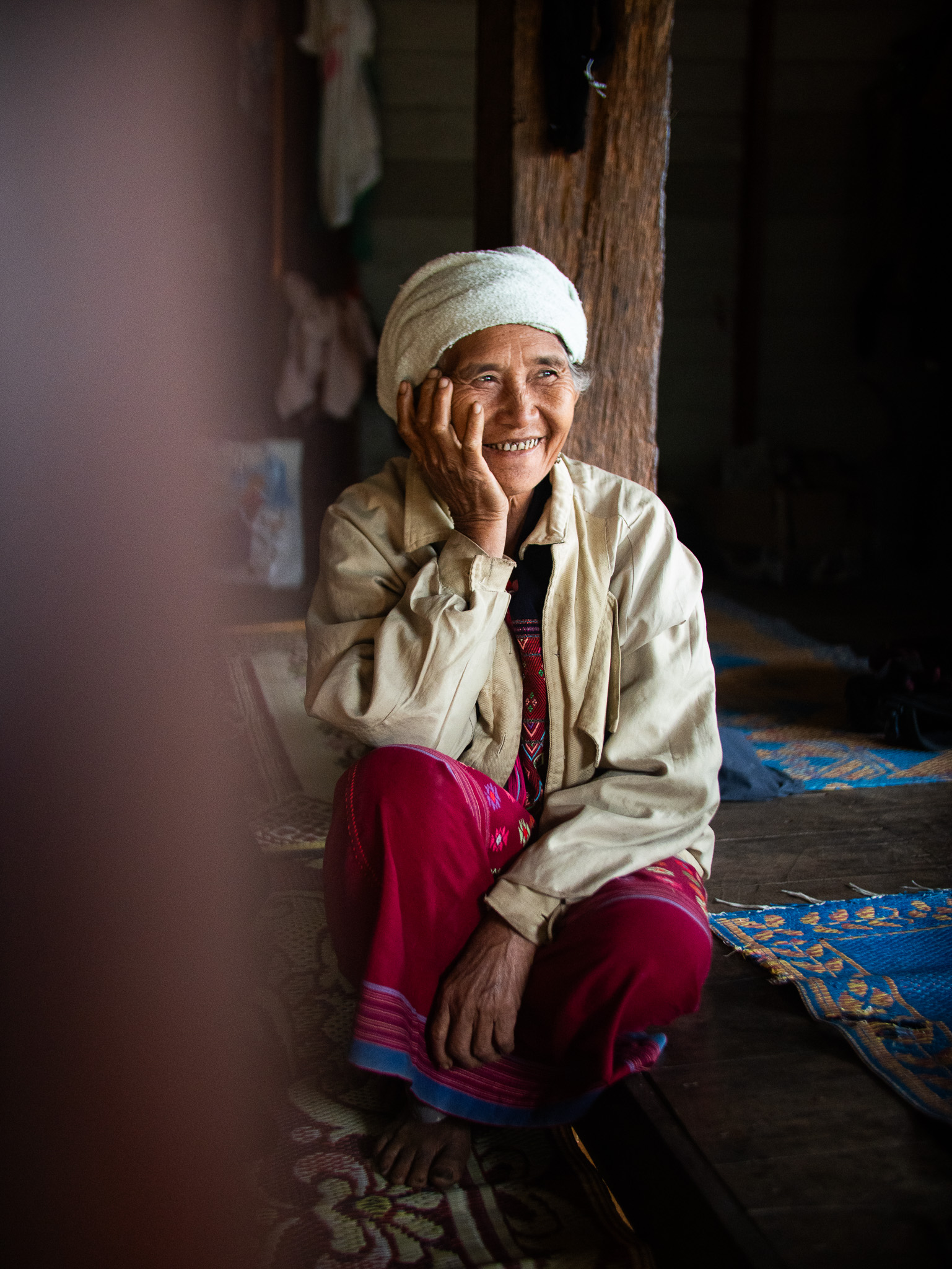

Explore Some of Our Give Back Experiences
Community
When people take the time to interact, swap stories, learn from each other and enjoy each other’s company, travel takes on a new dimension – it becomes a two-way experience.
And that’s why we place locals and local communities at the centre of every trip. Travel that delivers the everyday economic benefits of tourism for everyday people, and at the same time, extraordinary interactive experiences for you.
Take our guides for example. These are the real champions of your trip. Who better to give you behind the scenes access to a destination or share insider’s tips about where to eat. By hiring local people, we can ensure you get the most out of your adventure.
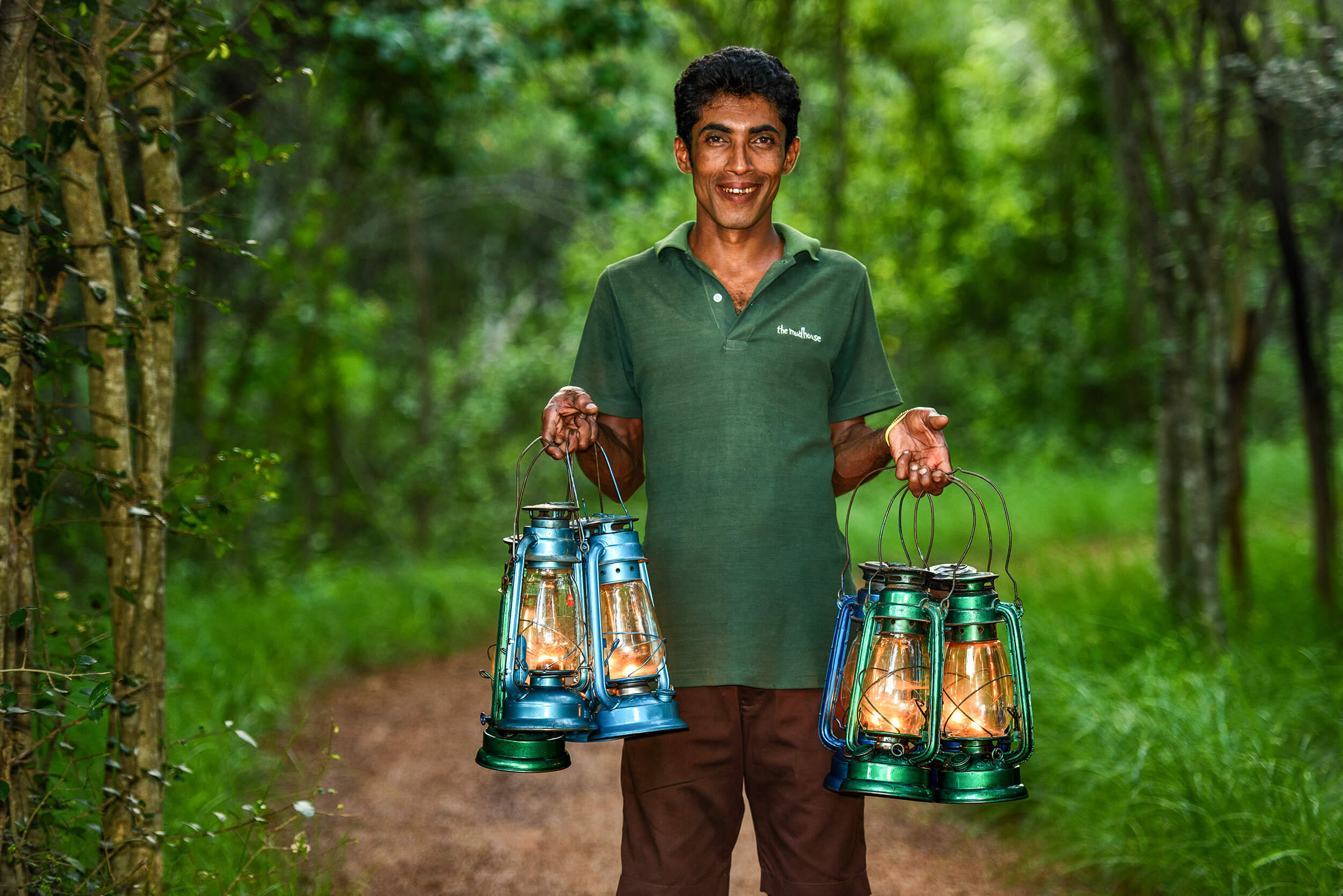


Suppliers and accommodation
Amazing immersive holiday experiences don’t just create themselves. Especially over an area as vast, varied and very, very wonderful as Asia. It takes tenacity, it takes teamwork, and it takes close collaboration with local partners and the people who work with them. We meet regularly; to develop our experiences further, share in training and skill-building, and help each other to remain sustainable and inspired. Consistent, in-depth conversations on how we can promote and support responsible travel in-country lead to great projects like our Tip-Inclusive initiative, which ensures all guides are paid fairly.
We also strive to work with small, community owned accommodation – and in the case of larger hotels, where possible we only choose those that promote a sense of place and culture, invest in society and contribute to environmental preservation. Many of our local partners have worked with us since inception and we’ve all grown together within the industry.
For this reason, the ETG approach to partnerships has always been a long-term collaboration.



Environment
Let’s address the elephant in the room. We know that our travel experiences wouldn’t be possible without air travel, which significantly impacts the climate and environment. However, we’re dedicated to playing our part because we believe that travel, done with care and compassion, is a tremendous force for good.
While travel can’t be wholly carbon emissions-free, we’re starting to do what we can to reduce emissions with our Carbon Roadmap. Where we can’t reduce further, we aim to mitigate them as far as possible through our partnership with Seatrees. We purchase carbon credits for every holiday booked with ETG and every trip taken by ETG staff. We absorb the cost into the holiday. A non-profit program, SeaTrees regenerates ocean environments by planting and preserving underwater ‘blue-carbon’ or carbon-sequestering marine ecosystems, including mangrove and kelp forests, seagrass, coral and ridge-to-reef watersheds. There are many additional social benefits, too, for the regions we cover.
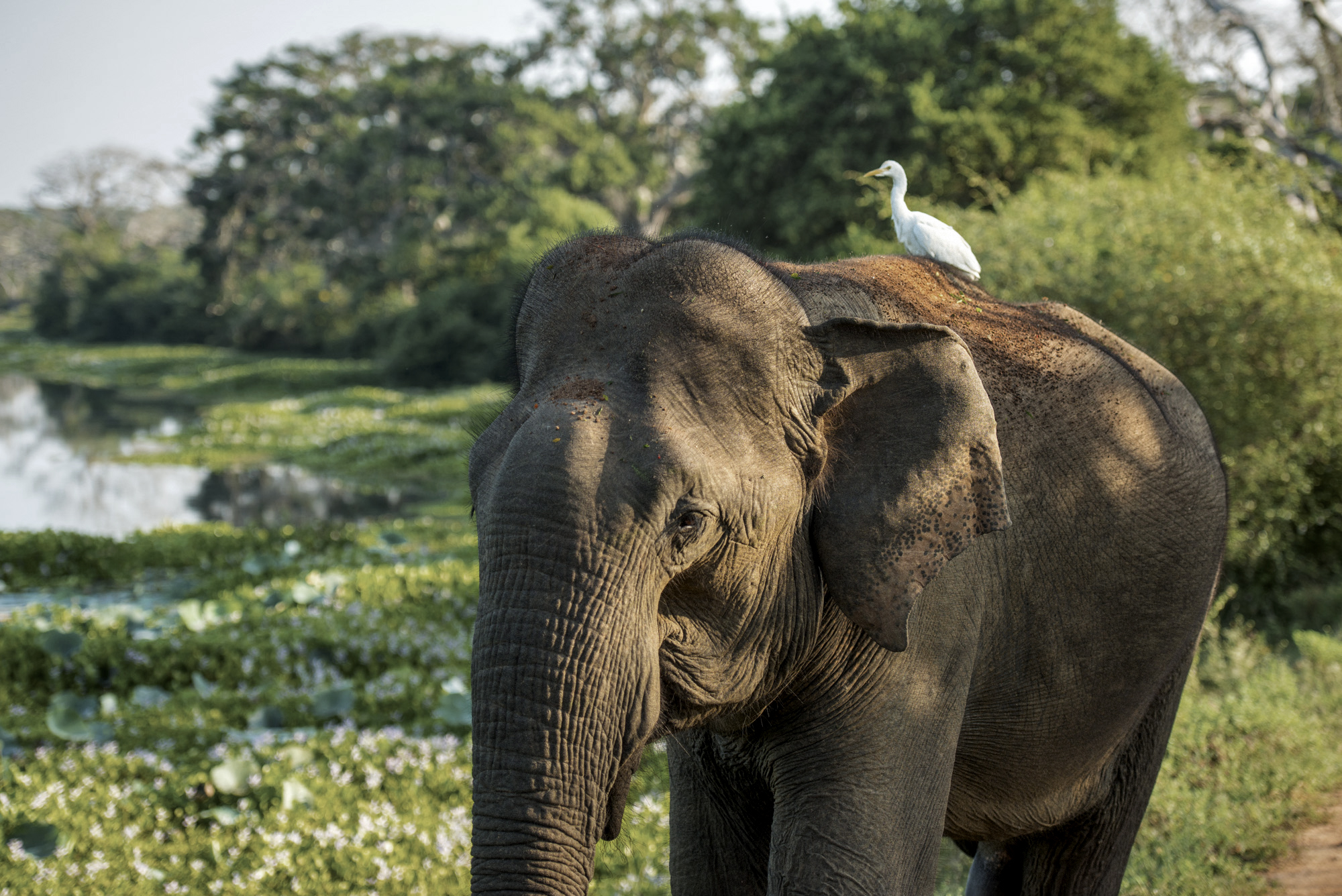


Conservation
Sad but true, many wildlife experiences in Asia really don’t have the best interests of the animals at heart. Never afraid to lead by example, we were one of the first UK tour operators to outright boycott them. This also makes your holiday experience better. Who wants to go and see a sad elephant being made to work? Not us.
All ETG wildlife experiences are meticulously planned so that every tour carefully considers the welfare of the animals. We include animal welfare standards in supplier contracts and carefully vet any operators we work with. We also actively seek out organisations and guides working at the forefront of conservation and sustainability.
To help you get the most out of wildlife spotting opportunities without putting animals at risk, we provide detailed guidelines such as this Four Paws Animal-Friendly Traveller guide.
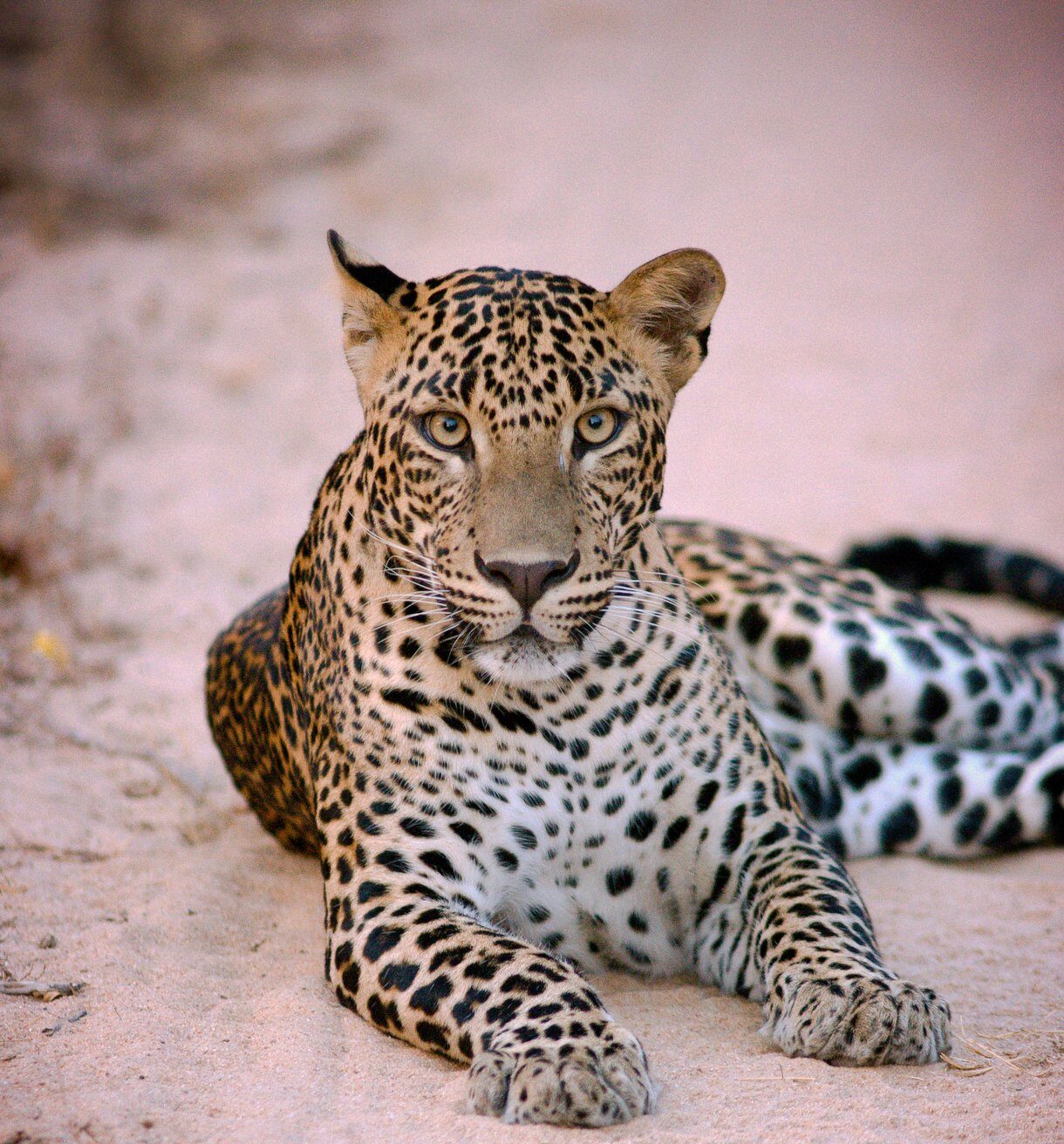


Some of Our Ethical Wildlife Experiences
Charitable Partnerships
Throughout the years we have donated to a number of charity partners. At the moment we are proud to work with Share the Wonder who works with national government organisations (NGOs) and responsible travel organisations in Cambodia, Indonesia and Myanmar to create educational, fun day trips for local children. Share The Wonder’s ethos is based on the belief that every child should have the opportunity to experience and understand the wonders of travel, environment and culture. Days out include traditional puppet shows, interactive workshops on environmental issues and urban farm experiences with nutritious lunches.
We are also big supporters of the work done by ‘Women in Travel’ and as well as mentoring work in the UK, we have donated to help fund the first cohort of ‘Women In Travel’ mentorship programme in Sri Lanka.
Transparency and accountability
Ultimately, it’s all about being the most sustainable operator we can possibly be. To help achieve that, and to be held accountable for our progress, we will continue to report honestly and accurately on the good and the bad.
As a B Corp, we must make an Impact Report each year and submit it to our board of directors. Here is our 2023 Impact Report.
